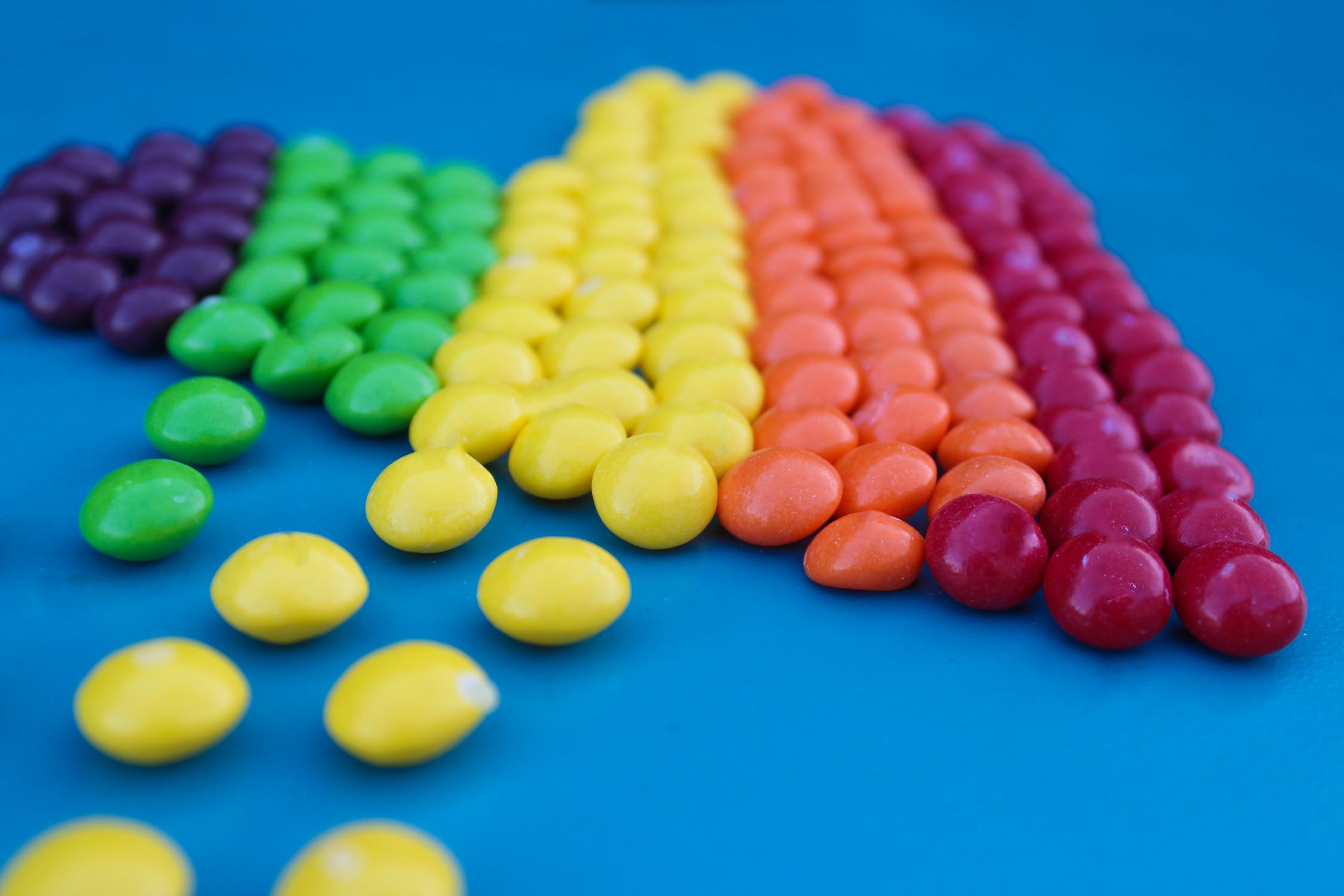How to get more time in your day

I'm a productivity nerd. When I waste time, I always feel a sense of guilt.
For example, I do not allow myself to sleep more than 7 hours unless it is a very special occasion like I'm very sick. If I need a nap, it has to be between 10-20 minutes maximum. When I'm commuting, I must be reading or listening to a podcast.
For some reason, the concept of wasting time daunts me. And I'm sure it is not just me - it's probably why so many people are on their phones on the train or bus. Everyone wants to feel productive with their time.
To me, the main reason I love to be productive is that I know I'm not the smartest person since I was young. Then the only way I can play on a level playing field is to spend more time on certain things. I must say, it has worked out well for me so far.
There are many articles that talk about improving productivity, and honestly, most of them are useless. Start the day with a good breakfast. Play music to focus? I don't need to know that.
Recently I came across a great article by Nat Eliason. He talked about how anyone could create systems and hire people to 10x their productivity. This is a golden lesson to entrepreneurs and as you know, I'm a big fan of System Thinking, so his article resonates well with me.
But a part of me thinks that before I can create a system and hire people to run it, I must first maximize the productivity of my own. It is like ... running for a half marathon before challenging yourself to a full marathon.
And the truth is, it is extremely hard to constantly push for more productivity. Many people fail, and that's what makes me more interested in it.
So I'm going to tell you how I provide myself more time to do the things that I love.
How I see productivity
One thing I know for sure - I don't want to turn myself into a machine, I've done that early in my career, and now I am all for having a well-balanced life.
To me, getting more productivity out of the system means: less time wasted.
Now, after reading this sentence, I want you to spend exactly 2 minutes thinking about the last few days, did you waste any time? What were you doing?
Go - we start counting for 2 minutes.
Let me tell you my list. When I look back on my life, here is where I wasted time:
My wife and I didn't know what we should eat for lunch, and we sat on the couch browsing the Internet for ideas for 30 mins.
I woke up in the morning knowing I wanted to exercise. I didn't know if I should run or do HIIT, and so I was debating in my head and started doing something else. 10 mins gone.
I had nothing planned for the 2 hours before dinner, so I was thinking about what I should be doing, and I started surfing the web and ended up watching YouTube.
When you look at your list, how many of them are about making a decision at the moment? If your list is similar to mine, it'd be a lot.
We spend a lot of time making decisions every day, and that's an exhaustion of time. So my theory is:
The less ad-hoc decisions we have to make, the more productive we are.
How I reduce decision fatigue
One thing you should also know, that decision fatigue is real. If a person has to make a lot of decisions within a period, he or she might start making poor choices.
There are so many decisions each one of us has to make each day, and the key is to find out what matters to you most to want to keep having to make that decision, and what matters least to you so you can remove the need to make such a decision completely.
Let's take my day as an example.
Start of the day: exercise and breakfast

My best day routine.
I figured out a daily routine of waking up at 6:30 am, running from 7-8 am, and having breakfast at 8:15 am gives me the best start for my day. And therefore, I don't need to decide what to do each morning. I simply do this every single day.
Next, thinking about what to eat for breakfast can easily consume 5-15 minutes of my time each day. I know myself well enough that I care more about the nutrition of my food than the excitement of trying new food for breakfast. Hence, I'm sticking to my usuals such as sweet potato, banana, boiled eggs, toast, avocado, muesli, and yogurt. I have all this stock, and every day I just grab what I feel like from the limited options.
Up until 8:45 am, I still make no decision, wasting no time.
Next: dress up
I've long stopped caring about what I wear, maybe because most of my work is in front of a computer. I have about 12 Uniqlo t-shirts in plain colors, 7-8 J Crew shirts in plain colors, and 4-5 American Eagle jeans in black or blue. Every day, I just put on whatever combination that I feel like on the day. Not having to decide what to wear saves me a good 5-15 mins.

Plain is the new cool.
Work time
It is time to put in productive work so I can make a living to sustain my family. There are so many productivity tactics when it comes to working, and I am going to share my top 3.
1. Task batching

Do things in batches for top efficiency. Imagine yourself in a factory.
Task switching is one of the best things to do if you want to waste time. When you move between writing articles to engaging your audiences on Twitter, somehow you'll always do something else in transition. This is why there is a popular term called Task Batching to tackle this.
Let's take my writing as an example. When I first started, I would schedule time of my week to do 1) outlining, 2) writing, 3) finalizing, and 4) publishing. I do one article at a time, each task might take me 30-180 minutes at different times of the week.
Soon after I discovered Task Batching, now I'm spending 90-270 minutes blocks of time and I'm doing 2-3 articles in one block. It means I'm outlining 3 articles together, and I'm writing 3 articles in one morning.
The benefits of this are clear. When you're in the zone of doing one thing, you're laser-focused and you eliminate making decisions and transitioning. Less time wasted.
2. Automating to eliminate distraction

Use "+" in your email in order to set up auto-filter. The "+newsletter" part won't affect the email functionality.
Newsletters have been such a big part of how I consume interesting knowledge these days, and I subscribe to quite a number of them. If I let these newsletters flow into my inbox freely, I'm setting myself up for failure because I'll have to clear my inbox very frequently.
What I do is I subscribe using this unique email kevon.cheung+newsletter@gmail.com, and in my Gmail, I set up a filter so that any email sent to this address will automatically go into my Newsletter folder. And I block out 2 times a week to read them quickly. Again, getting into my reading zone for an hour allows me to consume better than reading one or two newsletters here and there.
3. Pushing hard in exchange for free time
Lastly, meetings and calls. We all have so many of these every single day. The best is definitely to batch all of them into a day so you can spend the other four days for deep work. But this is unlikely to happen at any workplace, so I do one thing to save myself time with meetings and calls.
Firstly, I always schedule less time than needed. For some reason, colleagues really love to schedule a one-hour block for any type of meeting as if there is so much time in everyone's calendar. For me, I like to make meetings 30 minutes long unless there is a good reason. Secondly, I always schedule 3-4 meetings or calls back-to-back. When I'm in the zone of talking to people, I don't get tired. What is exhausting is if there is a 15-min gap between calls and I don't know what I should do.
With a simple calculation, doing all 3 of these can easily save me 5-10 hours each week.
Why is this not the easiest productivity advice?
If you want to accomplish what I tell you above, you need extreme discipline and you also need to be willing to sacrifice certain parts of your life.
I'm not telling you to eat the same food every morning and wear the same T-shirt every day. That's my life choice to give myself more time. For you, it could be other things that you don't mind sacrificing.
Ultimately, the idea is to create a routine and habits that allow you to make less ad-hoc decisions and save up some willpower for the good stuff.
So what's the up side of achieving this?
When you have a weekend or vacation, you can (and you should) totally relax and have fun because you have achieved so much more during the other days.